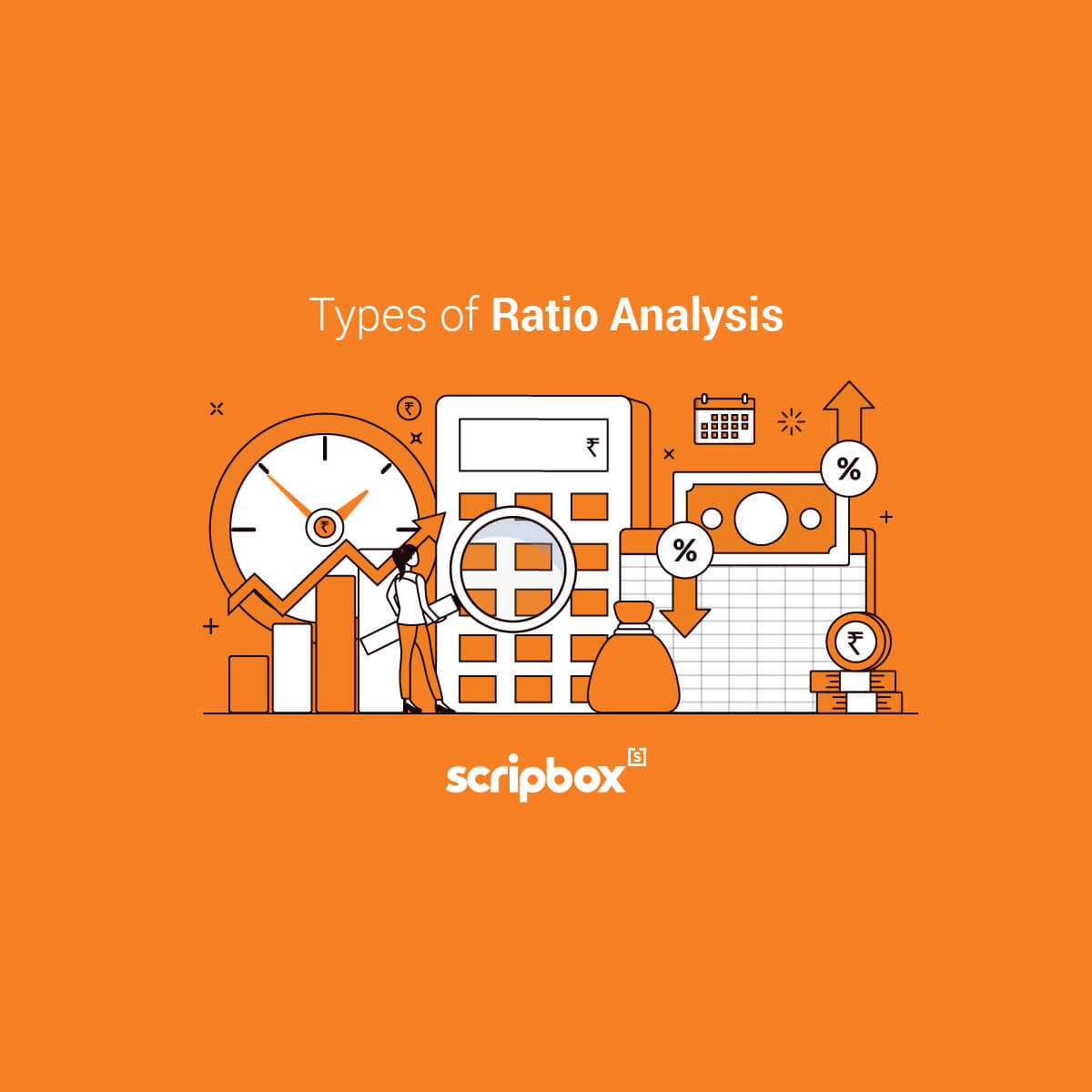
How to Apply IPO Online Through Net Banking (ASBA)
Initial Public Offering (IPO) is an excellent way for investors to participate in the company's growth. It is the first time the company sells its shares to the public, and you can subscribe to it. The process for applying for...

What Are Debentures? Features, Types, Advantages, and Disadvantages
Every company needs funds to run its business operations. Most of the companies raise capital by issuing shares in public. However, it is not feasible for all companies which are not ready to go public. Especially new establishments. There is...

PNB Savings Account Interest Rate & Minimum Balance 2026
Punjab National Bank offers different types of savings accounts for different types of investor needs. All the PNB Savings Accounts offer an interest of 3%. PNB offers net banking and also mobile banking facilities. It also allows investors to choose...

Tips for Buying Gold Jewellery: Things to Keep in Mind While Buying Gold
Gold is an alluring commodity, and people have been drawn to it for centuries. The beauty and value of Gold have made it a great investment opportunity. There are several factors to consider when buying gold to get the best...

Debenture Redemption Reserve (DRR) Meaning & Full Form
What is Debenture Redemption Reserve (DRR)? A Debenture Redemption Reserve (DRR) is a fund requirement maintained by the companies that issue debentures in India. This effort is to protect the investors from the possibility of the company defaulting on repayments....
Practical Insights For Wealth Creation
Our weekly finance newsletter with insights you can use
Your privacy is important to us

Ratio Analysis: Meaning, Types & Limitations
As an investor, it is difficult to interpret and read financial statements, given our time constraints. Instead, we prefer relying on the analysis given by analysts. Analysts use different tools to determine the financial condition of a company. One such...

Difference Between Cash Flow and Fund Flow
Cash and funds have different business functions and help formulate financial strategies. The physical currency available with a business is known as cash. Whereas, the total financial resources available with a business are its funds. Cash flow and fund flow...

How to Check Gold Karat & Purity at Home
Gold is among the most expensive metals on the planet and is a symbol of royalty. The purity of gold is calculated on the basis of Karats and pure gold is 24K. However, 24K gold cannot be used to shape...








